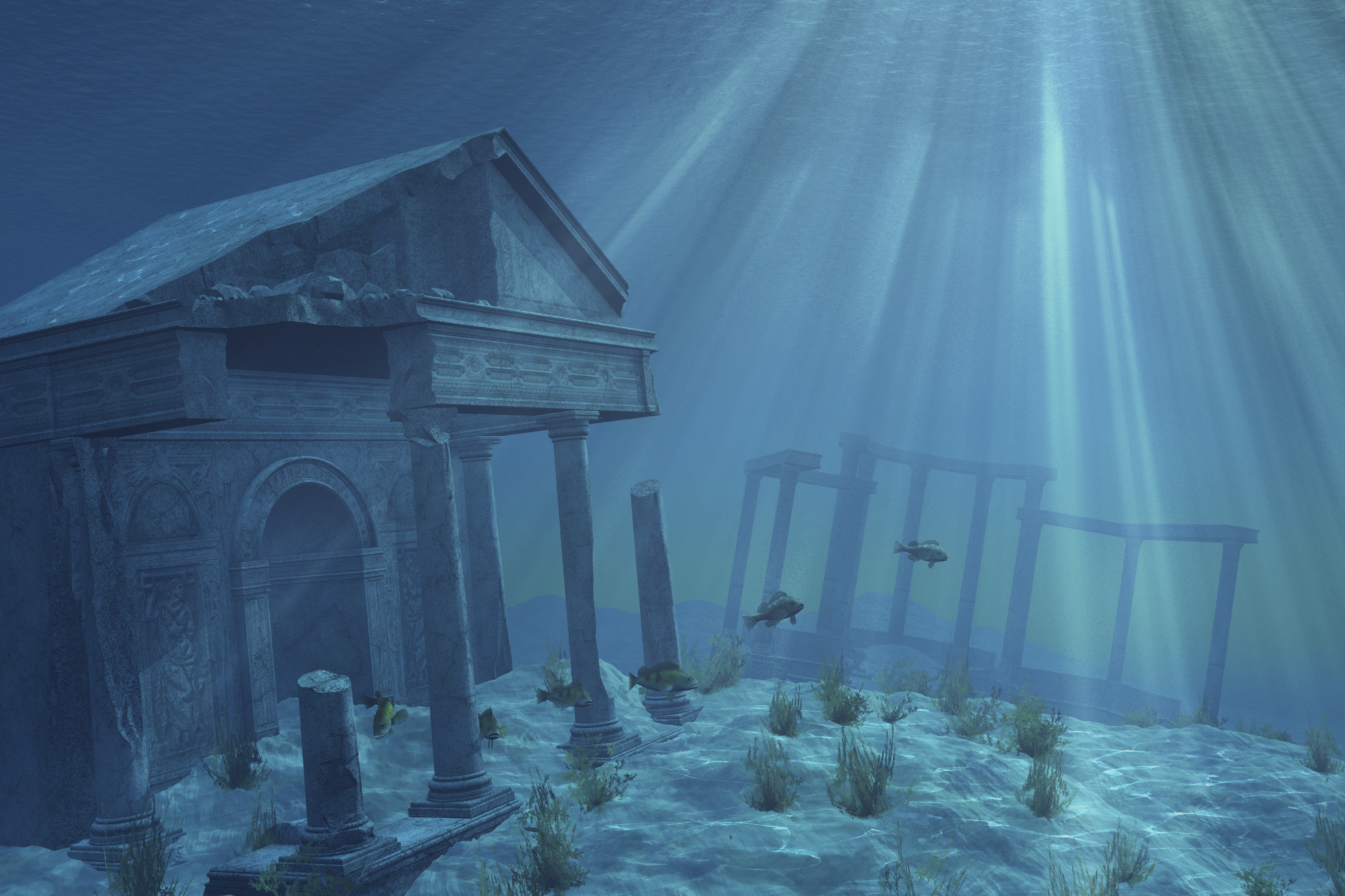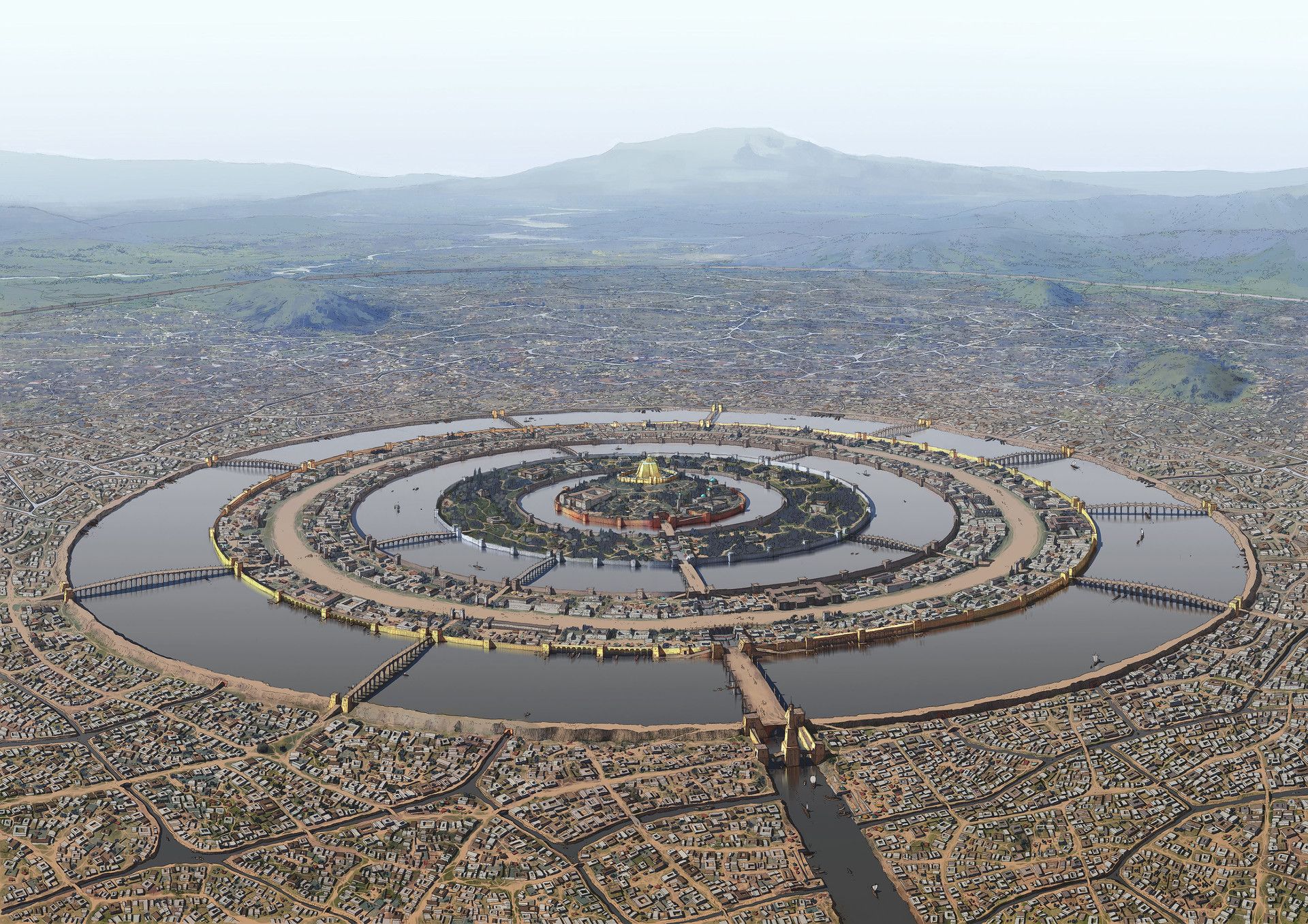If you are someone with an interest in myths and legends, then you will probably love the Atlantis Myth.
Myths are mostly event based, meaning that they are triggered by an event or a combination of events. Atlantis, also known as the ‘Island of Atlas’ is a fictional Island revealed in a symbol on the hubris of nations in Plato’s writings of Timateus and Critias.
The story ends with Atlantis falling out with the deities and sinking into the Atlantic Ocean. Let us discover more about this fascinating myth below.

Table of Contents
The Atlantis Myth
Alantis is sometimes called the ‘Island of Atlas’ and comes to life as an imaginary island in Plato’s Timateus and Critias works.
In the writings, Atlantis represents the rival naval power that surrounds ‘Ancient Athens’. Ancient Athens is the pseudo – historic epitome of Plato’s ideal state. As the story progresses, Athens resists the Atlantean attack.
This act bears witness to the superiority of Plato’s idea of a state. In the end, Atlantis falls out with the deities and sinks into the Atlantic Ocean.
Its Significance
Despite the minor importance of the Atlantis myth in Plato’s work, this story has had a significant impact on literature. The figurative aspect of Atlantis has been embraced by Renaissance writers such as Thomas More’s Utopia and Francis Bacon’s New Atlantis.
However, 19th Century amateur scholars misjudged Plato’s narrative as historical tradition. Plato’s unclear indications of the events, over 9000 years before his time, plus the assumed location of Atlantis as ‘beyond the pillars of Hercules’, leads to much speculation.
As a result, the Atlantis myth has become the epitome of all supposed advanced prehistoric lost civilizations. It has continued to inspire contemporary fiction books and films.
Interpretation of the Atlantis Myth
Different people have interpreted the Atlantis myth in a variety of ways. Some ancient writers believe that this myth is real, while others view it as metaphorical.
For instance, Aristotle believed his teacher Plato invented the island to teach philosophy.
On the other hand, the philosopher Crantor, who is a student of Xenocrates, is cited as a writer who thinks that this story is historical.
Geographic Factors
In the early 1st Century, the Jewish philosopher Philo wrote about the Atlantis destruction in his works ‘On the Eternity of the World, xxvi.141′.
This work cites Aristotle’s successor Theophrastus in saying that the island of Atlantis, which was greater than Asia and Africa, in one night was washed under the sea.
This was in consequence of an extraordinary earthquake that made it rapidly disappear into the sea.
Location
There have been dozens of proposed locations for Atlantis. This has led to the name becoming a generic concept from Plato’s specific account. It is reflected in the point that many of the suggested sites are not within the Atlantic.
Most of the historically suggested sites are near or in the Mediterranean. Specifically, they suggest islands such as Santorini, Sicily, Malta, Crete, and Cyprus.
The suggested land-based cities include Tartessos, Manisa, or Canaan.
Movies
Many movies have been based on the Atlantis myth. They include the Undersea Kingdom, Atlantis, the Lost Continent, Island of Mutations, Alien from LA, Atlantis: The Lost Empire, and many more.
This mythical island has not only led to the production of movies, but is has also appeared in many books and television shows.

Final Say
Up until now, it is not known whether the Atlantis myth is fact or fiction.
Some Ancient scholars like Crantor believe that this story is a historical fact, while some Christians think that it is a myth with pagan origins.
It is said to have originated from the Mediterranean, while other theories suggest it originated in the Atlantic.
